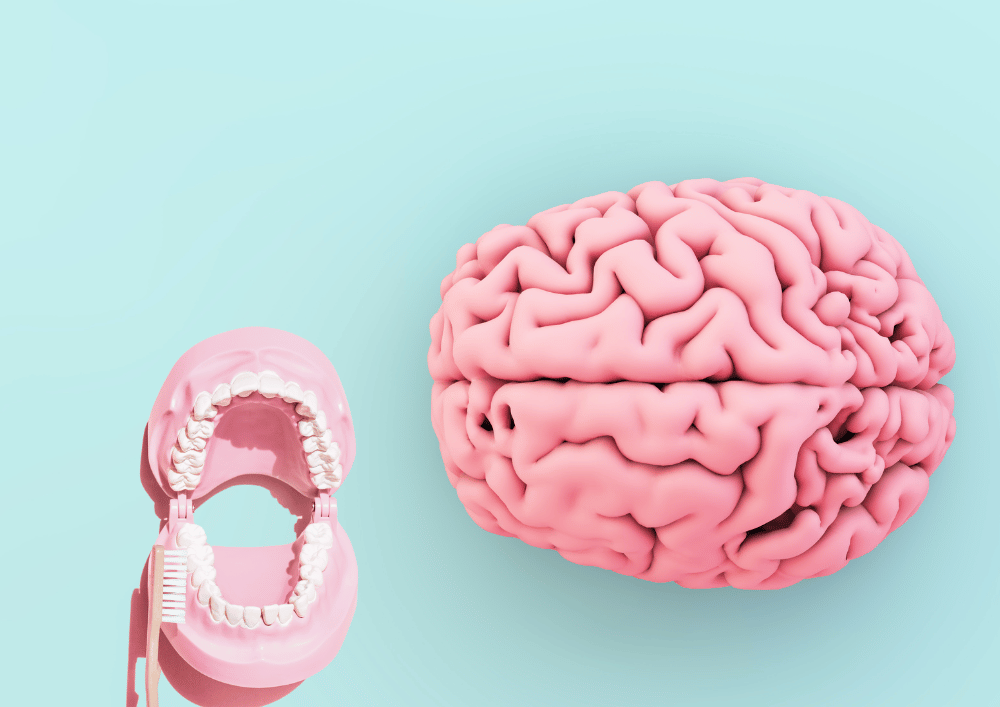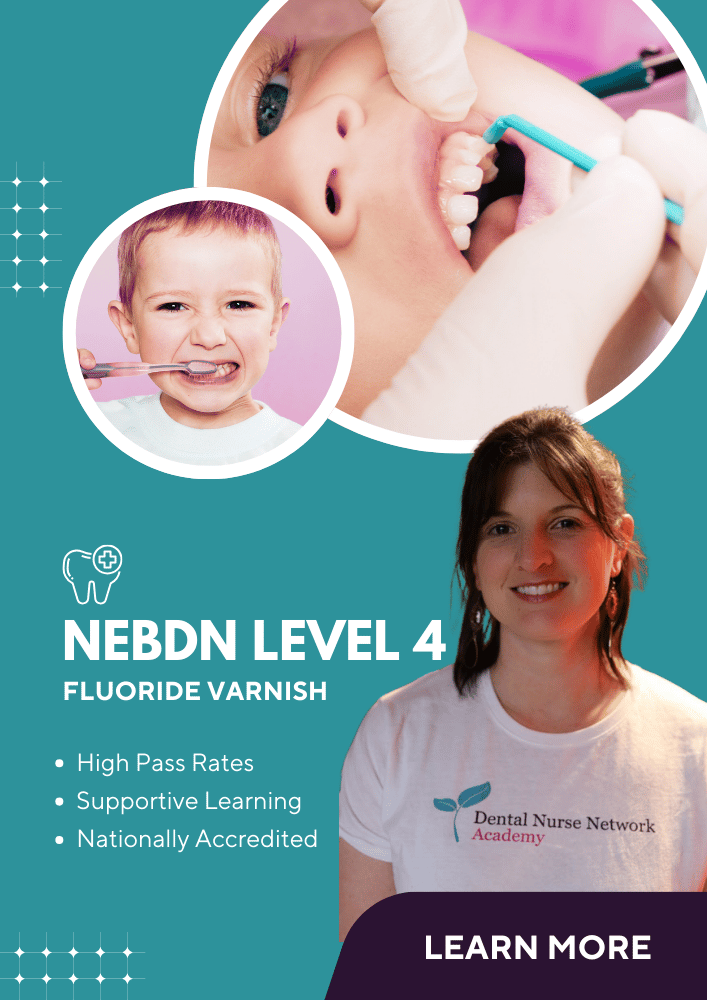 In recent years, there has been a growing understanding of how oral health impacts general health. This includes its connection to mental health, which we will explore in this article. Mental health problems may occur in the short-term due to certain life events and circumstances or may form a long-term chronic condition. These can be equally distressing and impact day-to-day life.
In recent years, there has been a growing understanding of how oral health impacts general health. This includes its connection to mental health, which we will explore in this article. Mental health problems may occur in the short-term due to certain life events and circumstances or may form a long-term chronic condition. These can be equally distressing and impact day-to-day life.
Let's start with how mental health can impact oral health. Patients suffering from high levels of stress, depression or anxiety may be more prone to neglecting their oral hygiene. This can be due to a lack of motivation or energy to maintain regular routines such as brushing and flossing. Experiencing poor mental health may also lead to habits such as smoking, drug and alcohol consumption and increased snacking on sugary foods which are all harmful to oral health. Research from Mind (2020) shows that reports of mental health problems have been on the rise in recent years. It is therefore likely that we will see more patients experiencing these oral health issues in the future.
In addition to neglecting oral hygiene, patients suffering from mental health conditions may also experience bruxism as a result of stress and/or anxiety. Bruxism can lead to tooth wear, sensitivity, jaw pain and headaches.
Conversely, poor oral health can negatively impact a patient's mental health. Dental issues such as caries, gum disease and tooth loss can lead to pain, embarrassment and low confidence. A 2022 study by Simplyhealth showed that one in four adults choose not to show their teeth when smiling due to self-confidence issues, and one in seven adults say they have low self-esteem because of their teeth (Simplyhealth, 2022). Patients may also feel as though there is a stigma associated with oral health problems such as bad breath or missing teeth. Dental anxiety is also very common, particularly in those who have had bad experiences in the past. This is likely to exacerbate any oral health problems and, as a result, worsen mental health challenges in a continuous cycle.
Dental practices can help to support patients with mental health challenges by ensuring they have a welcoming and empathetic environment. This can include listening to patients who may be struggling, not passing judgement on certain lifestyle habits or choices, and offering reassurance by explaining treatment options to help alleviate anxiety. Practices should also ensure the team are able to recognise the signs of mental health issues and know where to signpost patients for support. This can be done through CPD and team training.
Patients should always be treated holistically to help improve treatment outcomes. This may include offering more time for patients with anxiety or modifying their treatment plan to improve outcomes. Finally, dental nurses are in an ideal position to provide education on the connection between oral health and mental health. It is important to encourage patients to attend regular dental appointments, practice a good oral hygiene routine and try to work on any lifestyle changes that may help to improve their overall wellbeing.
Written by Melanie Pomphrett RDH, MSc, PGCert
References
Mind (2020). Mental health facts and statistics. Online at: https://www.mind.org.uk/information-support/types-of-mental-health-problems/mental-health-facts-and-statistics/
Simplyhealth (2022). Oral health survey: UK adults smile less due to self-confidence issues. Online at: https://www.simplyhealth.co.uk/news-and-articles/oral-health-survey-uk-adults-smile-less-due-to-self-confidence-issues



